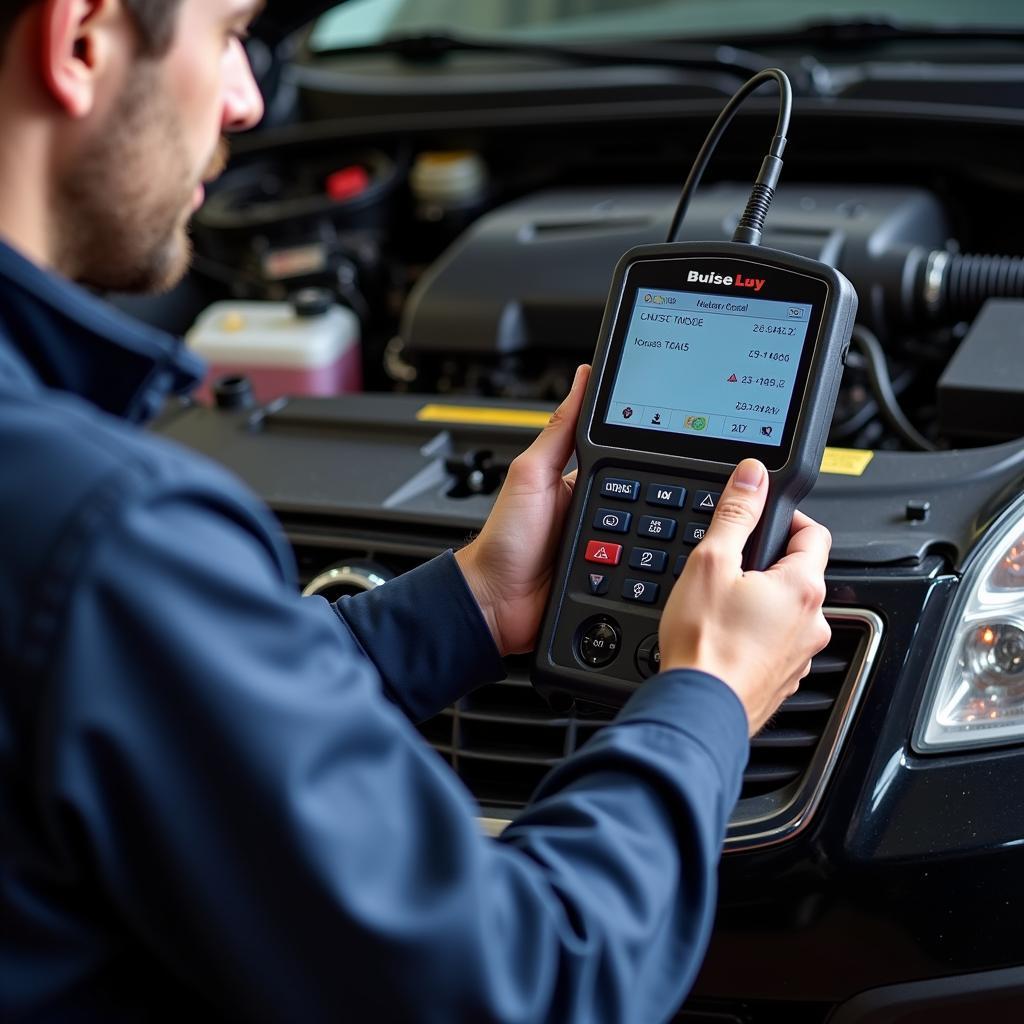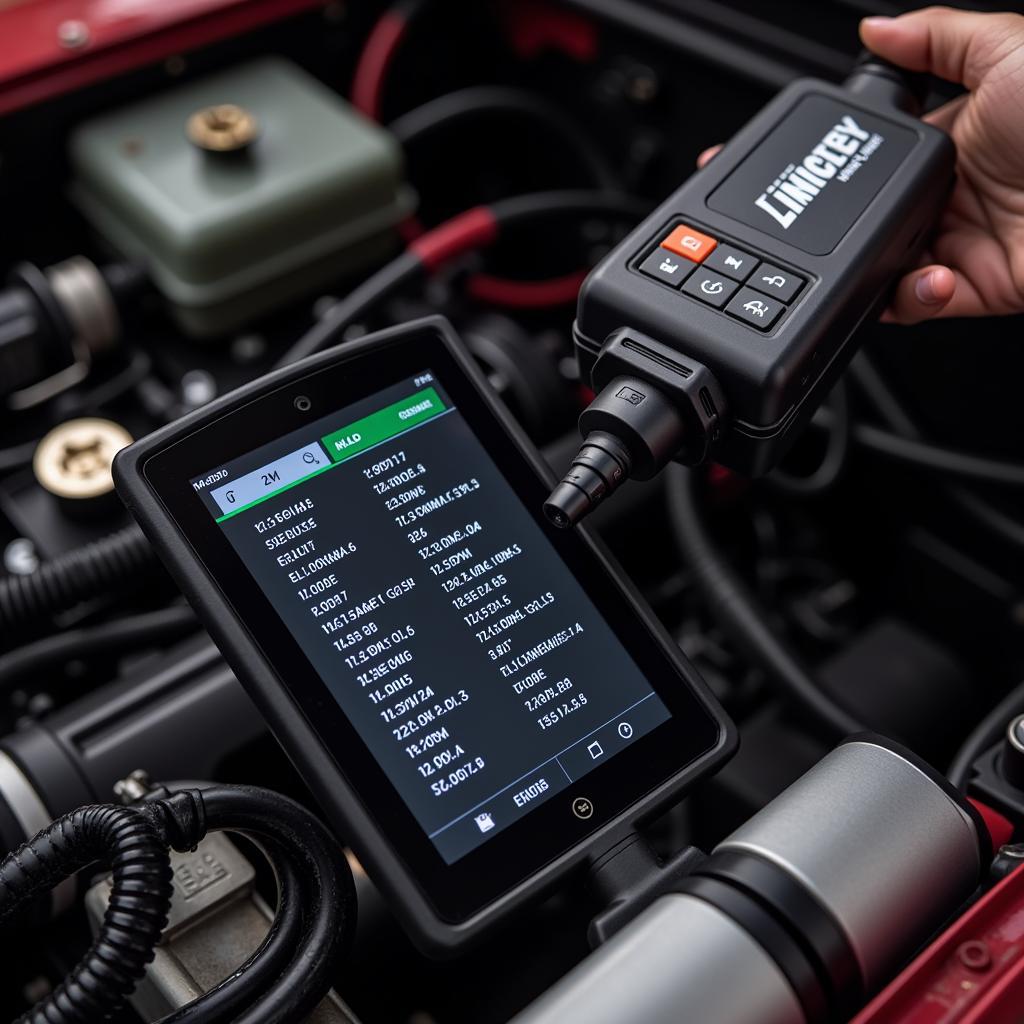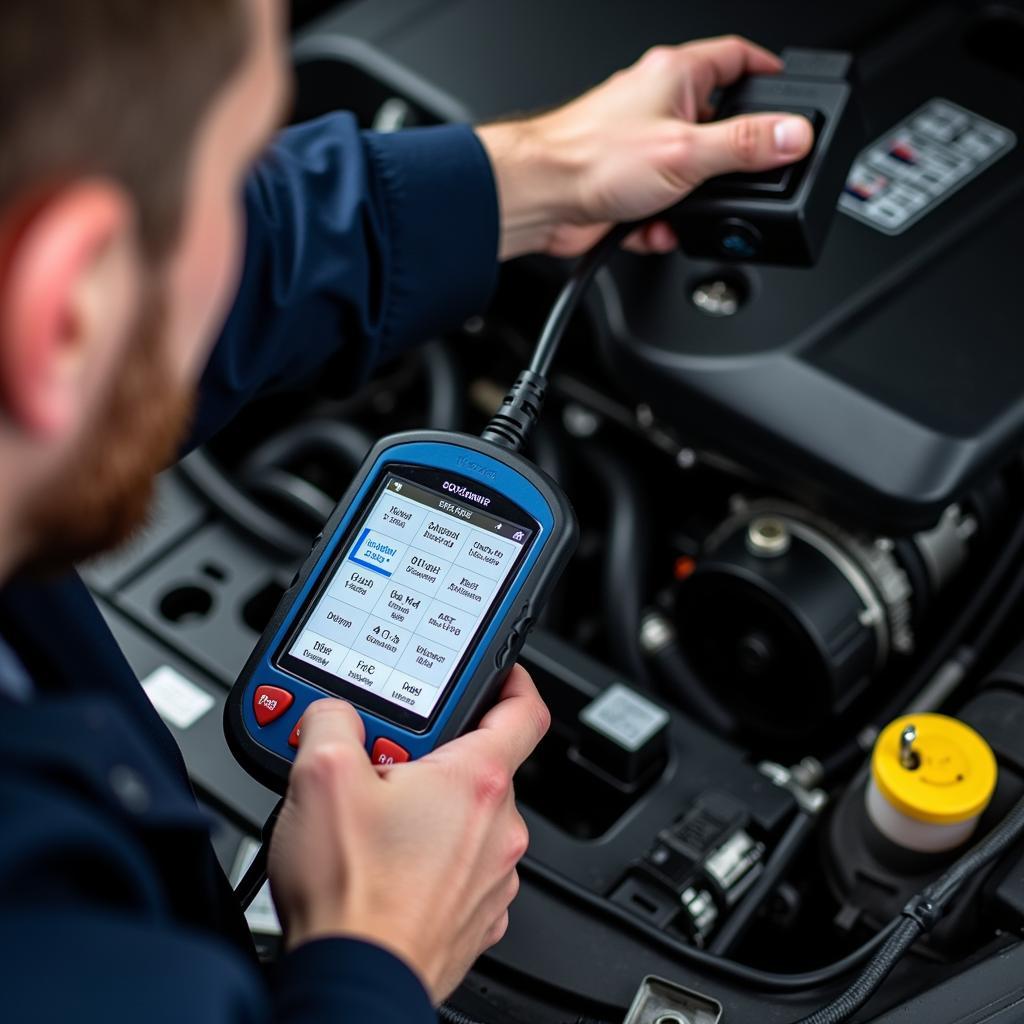The automotive industry is rapidly evolving, with advancements in technology constantly pushing the boundaries of diagnostics. Mechanics and car owners alike are always seeking a “Diagnostic Tool That Is The Gold Standard For Autism” like solution to quickly and accurately pinpoint issues. While the phrase itself might not be technically accurate in relating automotive tools to autism, the intent is clear: finding the most reliable and comprehensive diagnostic solution. This article will delve into the essential aspects of automotive diagnostic tools, helping you understand what to look for and how to choose the right one for your needs.
There’s no single perfect tool, but understanding the features, functionalities, and compatibility of various options empowers you to select the best diagnostic tool for your specific requirements. Looking for a reliable diagnostic tool? Check out asperger’s diagnostic tool for a comprehensive solution.
Understanding Your Diagnostic Needs
Before investing in any tool, it’s crucial to assess your needs. Are you a professional mechanic dealing with a diverse range of vehicles and complex systems, or a car owner looking for a basic tool to understand simple error codes? Defining your needs is the first step toward finding the right diagnostic solution. This involves understanding the types of vehicles you work with, the depth of diagnostic information you require, and your budget.
Identifying Common Vehicle Issues
Diagnostic tools help identify a wide range of problems, from engine misfires and transmission issues to airbag system malfunctions and ABS problems. They also facilitate advanced functions like bi-directional control, allowing you to activate specific components for testing purposes.
 Mechanic using a diagnostic tool on a car
Mechanic using a diagnostic tool on a car
Key Features to Look For in a Diagnostic Tool
Several factors contribute to the effectiveness of a diagnostic tool. These include:
- Vehicle Coverage: Ensure the tool supports the makes and models you work with.
- Diagnostic Capabilities: Consider the depth of information provided, such as live data streaming, bi-directional control, and special functions.
- User Interface: Opt for a user-friendly interface with clear navigation and easy-to-understand data presentation.
- Software Updates: Regular updates are vital for staying compatible with the latest vehicle technologies.
- Durability and Portability: Choose a tool that can withstand the demands of a workshop environment and is easily portable for on-the-go diagnostics.
Navigating the World of Automotive Diagnostic Tools
The market is flooded with diagnostic tools, ranging from basic code readers to advanced professional-grade scan tools. Choosing the right one can be overwhelming. Do you need a simple code reader that provides basic fault codes, or a comprehensive scan tool with advanced functionalities?
Code Readers vs. Scan Tools: What’s the Difference?
Code readers are entry-level devices that retrieve basic diagnostic trouble codes (DTCs). While helpful for identifying simple issues, they lack the advanced capabilities of scan tools. Scan tools, on the other hand, offer a broader range of functionalities, including live data streaming, bi-directional control, special functions, and more.
“Choosing the right diagnostic tool is like selecting the right tool for a job,” says John Miller, a seasoned automotive technician with over 20 years of experience. “Using a simple code reader for complex diagnostics is like using a hammer to tighten a screw – it might work sometimes, but it’s not the right approach.”
The Importance of Software Updates
As vehicle technology advances, so must the software of your diagnostic tool. Regular software updates ensure compatibility with the latest vehicle systems and provide access to new features and functionalities.
Choosing the Right Diagnostic Tool: A Practical Guide
Selecting the ideal diagnostic tool can significantly improve your diagnostic efficiency. Consider these factors to make an informed decision:
- Budget: Determine how much you’re willing to invest.
- Frequency of Use: How often will you be using the tool?
- Specific Needs: What types of vehicles and systems will you be diagnosing?
Need a specialized diagnostic tool? Explore the options available at asperger’s diagnostic tool.
“A good diagnostic tool is an investment, not an expense,” states Sarah Chen, an automotive engineer specializing in vehicle diagnostics. “It saves you time, reduces diagnostic errors, and ultimately leads to better repairs.”
Conclusion: Empowering Yourself with the Right Diagnostic Tool
Finding the “diagnostic tool that is the gold standard for autism” is essentially about selecting the most effective tool for automotive diagnostics. By understanding your needs, researching available options, and considering factors such as vehicle coverage, diagnostic capabilities, and software updates, you can make an informed decision. Selecting the right tool will undoubtedly enhance your diagnostic capabilities and streamline your workflow. Connect with ScanToolUS at +1 (641) 206-8880 or visit our office at 1615 S Laramie Ave, Cicero, IL 60804, USA, for personalized assistance in choosing the perfect diagnostic tool for your requirements. We offer a variety of diagnostic solutions, including the asperger’s diagnostic tool.



